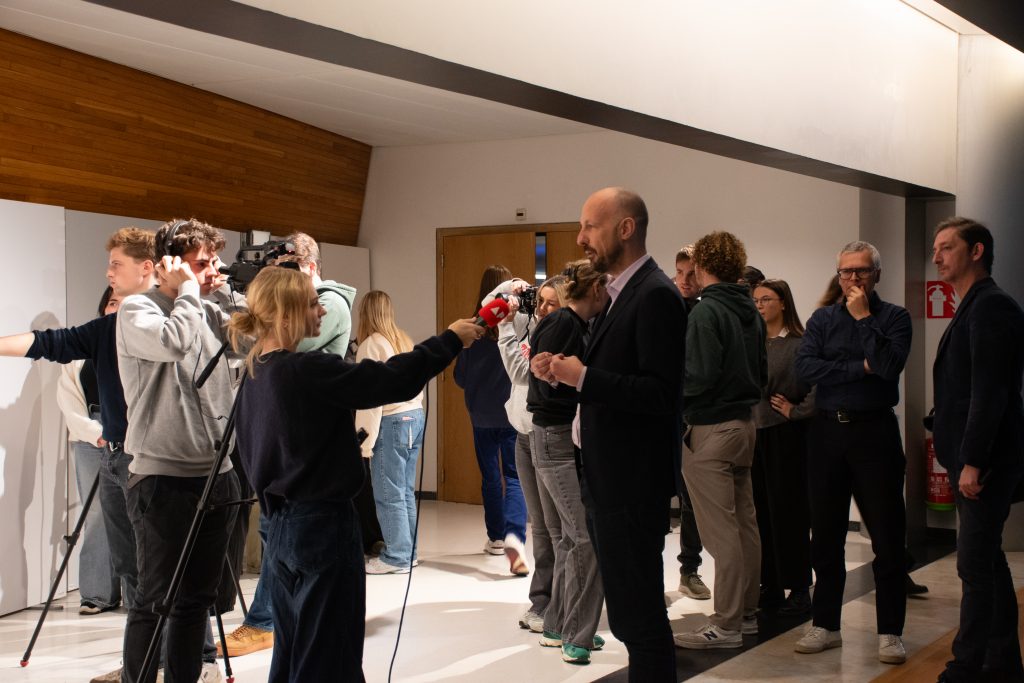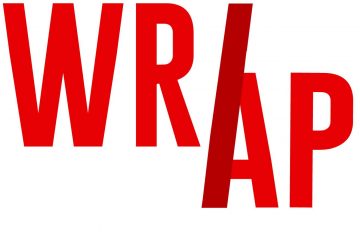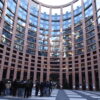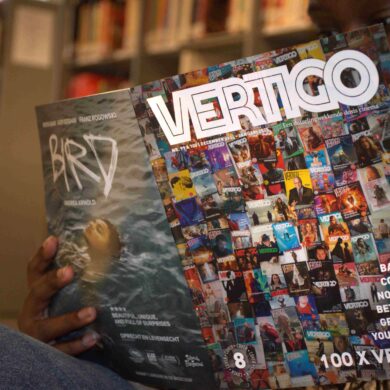Europe is currently struggling with a significant challenge: attract voters. Despite Europe’s role in shaping policies and charting the course of the continent, voter turnout in the elections has been a constant concern.
There has been a 40-year streak of decreasing participation, except for the last elections in 2019, when it increased slightly. In the lead-up to the 2024 European elections, understanding and addressing this issue has become quite complex.
From democratic backsliding in member states to the voters’ perspective on Europe itself, many sensitive points need to be addressed. The biggest question, however, is how Europe encourages its citizens to head to the polls.
Elections explained
European elections occur every five years. They involve citizens from EU-member states who vote for candidates to represent their interests at the European level. The number of seats allocated to each country is based on its population size.
The Spitzenkandidaten or “lead candidate” system is a process used in the elections to determine the President of the European Commission. Political parties in the Parliament nominate a lead candidate ahead of the elections. The party’s candidate that secures the most seats in the Parliament, is expected to become the new president.
Gilles Pittoors, policy analyst at the Research Service of the European Parliament, is of the opinion that the system has failed:
“The Spitzenkandidaten system has been killed by the member states. I think that would have helped European democracy a lot. I suppose it is a serious setback for Europe.”
EU’s missing its target
Europe has long been troubled with not getting its citizens interested, feeling too distant for many of them. It is widely noted among experts that European institutions sometimes miss their target audience with their own communication. Gilles Pittoors, believes Europe could do a better job engagement-wise to make politics more appealing:
“The European Commission and parliament are not doing enough, but you can’t expect them to take on this role all by themselves.” – Gilles Pittoors
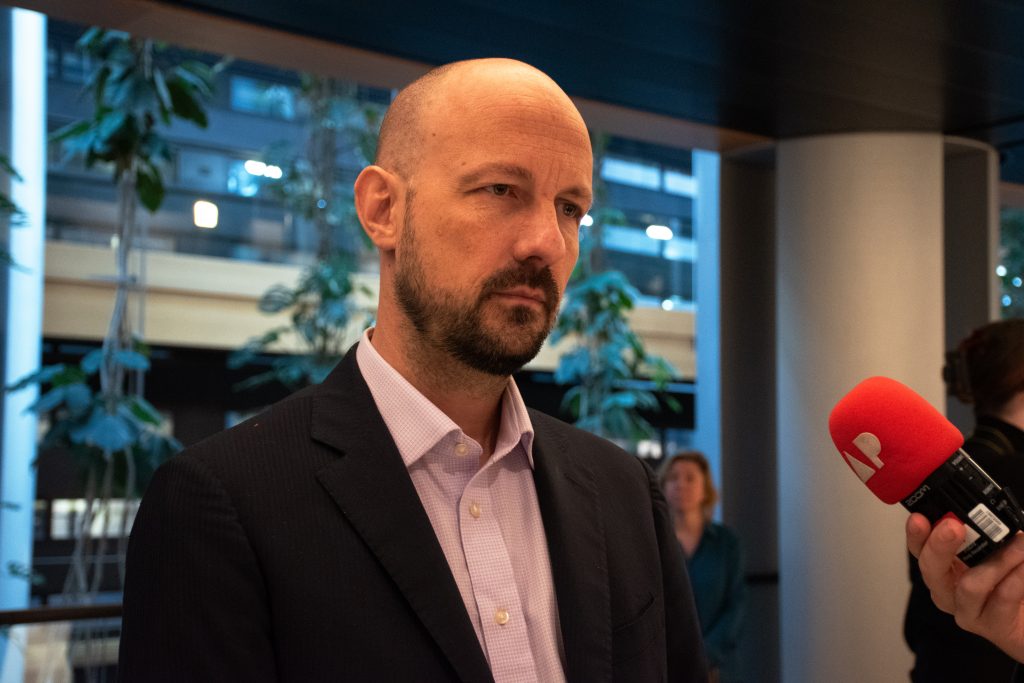
Marc Botenga, MEP for PVDA-PTB, supports that view, but also notes that not everything happens honestly and clearly.
For Lien Jansen, a dedicated PhD researcher focused on the European Parliament, there is a glaring gap in public awareness regarding the significance of the European institutions: “The EU funds and decides more than people think.” This view reveals a broader challenge faced by European citizens, a lack of understanding of the pivotal role played by these institutions in shaping policies that directly impact their lives and their future.
Experts agree with Jansen that Europe needs to improve its communication strategy and innovate to motivate more people to participate in the elections. To tackle this issue, Kathleen Van Brempt, MEP for Vooruit, calls for “Better cooperation with the media” so that the work carried out by her and the other parliamentarians in Strasbourg is easier to understand by the public of the different member states.
Looking ahead to the 2024 elections and when asked if a better communication strategy would result in a higher voter turnout, Johan Van Overtveldt, MEP for the European Conservatives and Reformists group, answers with a resounding “Yes, without any doubt”, proving all that it is time to bridge the information gap and animate civic engagement, laying the groundwork for a more informed and participatory European electorate.
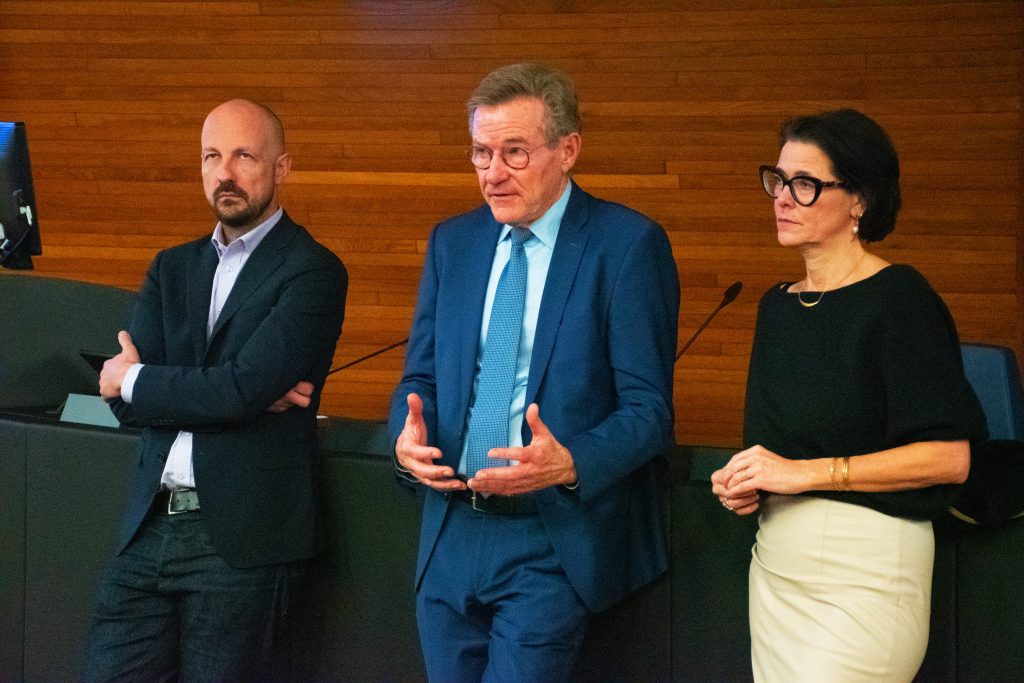
Media builds bridges
At a time when relations between the European Union and its citizens are becoming increasingly strained, the media is the solution of choice. Easily accessible and effective, they are present everywhere and can thus contribute to raising public awareness.
However, the European Union is struggling to resonate with citizens. The complexity of it’s message, the population’s diversity spread across the 27 member states, and language barriers hamper effective communication of its major issues.
Faced with all these communication problems, the question arises: are the media in a position to help Europe connect with its citizens, and more importantly, is this their role?
Communication is key
Laura Pous, a former Catalan correspondent with experience in EU operations, describes the dynamic between the two parties as “complex” and “tricky”. In Strasbourg, her experience as a journalist provided firsthand insight, revealing that “the EU institutions are obsessed with engaging citizens, but often use a communication style and language detached from what citizens employ.”
Clear message
Her view on the situation is that journalists are responsible and should act as translators, bridging this gap by “translating complex terms the institutions use, making them easier to understand and explaining the intricate processes that involve various EU bodies“. She also focuses on the need to clarify the phase of an initiative at every step and use language everyone can understand to assist the European Union in its goal.
This complexity, though, is not overseen by the MEPS. Botenga (PVDA-PTB) strongly and critically asserts that there is a strategy behind the intricacies of EU communication.
In conclusion, the challenges in reaching European voters, mainly through the media, highlight the demanding dynamics surrounding communication within the EU. While Europe struggles to enhance its communication strategies, the media emerges as the crucial player in bridging the gap between EU institutions and citizens.
Compulsory Voting
Apart from a more active role in the media, some experts suggest compulsory voting as the solution to attract more people to the polls.
Lien Jansen, a PhD researcher at the University of Leuven on the European Parliament, thinks compulsory voting for all the member states would be appropriate; “this way, citizens are forced to inform themselves about Europe and the elections. Besides that, I think elections should be uniform in every member state.” MEP Johan Van Overtveldt on the other hand believes compulsory voting is ineffective.
Dirk De Bièvre, a professor of International Politics at the University of Antwerp, was unsure of this system at first but, progressively, became a supporter, “I would say that compulsory attendance is the best way to go. When I was younger, I couldn’t see the importance of compulsory attendance. I thought it was very patronizing. But after a while, I changed my mind. In the long term, it would be positive for democracy to get everybody in touch with voting. You get the chance to influence, so try to use it.”
But unlike Jansen and De Bièvre, Johan Van Overtveldt, MEP for European Conservatives and Reformists Group, isn’t a big supporter of compulsory Voting. According to Van Overtveldt voting is privilege and not a right, “Only people who are motivated and want to make their voices heard should be allowed to vote”. In his opinion people don’t realise how important politics are and how it affects their daily life, “people think the European ‘thing’ is something that is beyond them, for away above their head”.
Listen here to the full interview with Johan Van Overveldt.
